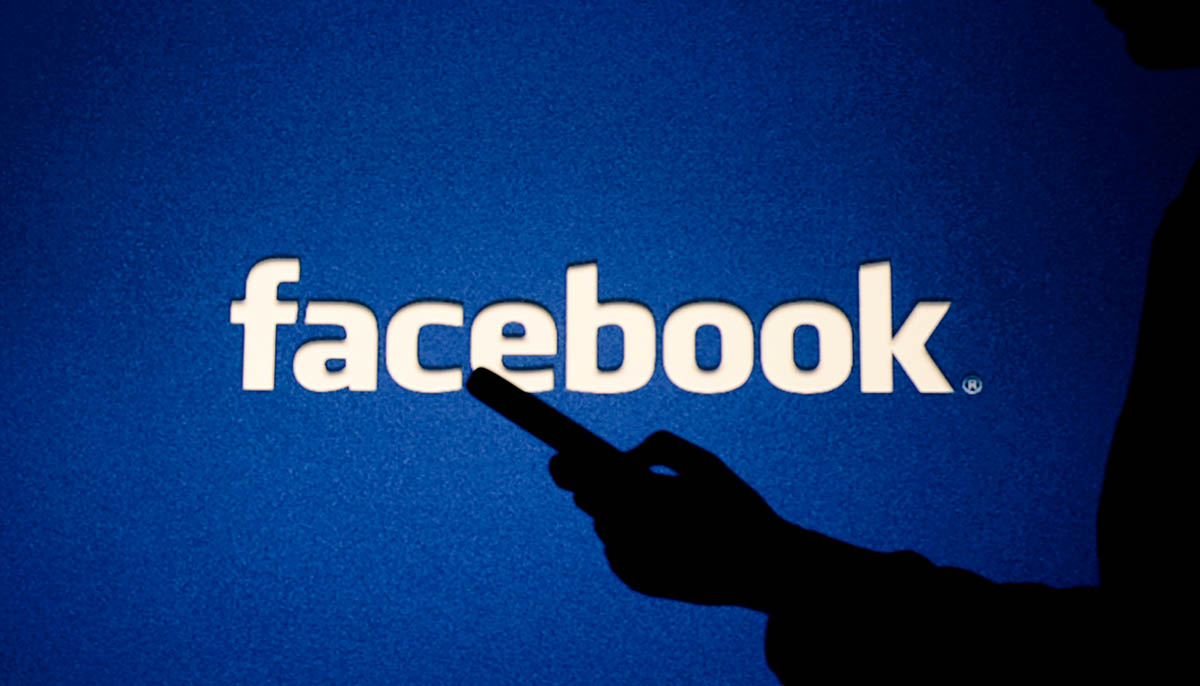Shutterstock
Facebook caught a lot of heat for their role in the 2016 election cycle. Many critiqued Facebook for what they saw as a flurry of fake news-based political ads in the run-up to the election in November 2016. That election saw a significant amount of misinformation that caused many to consider comparing password managers and even deleting their social media account.

In order to combat misinformation before the election, Facebook is putting new policies in place. For one thing, in the week before the election, Facebook won’t be accepting any new political ads to run on the social site.
This is seemingly in response to the late surge of ads spun from the Wikileaks scandal in October of 2016. During that period, leaked emails from the DNC caused a massive number of political ads in favor of Trump to proliferate on social media sites.
Moreover, CEO Mark Zuckerberg confirmed, the site will move to delete political ads that discourage or suppress voter turnout. This seems to be in reference to President Donald Trump’s penchant for slamming mail-in voting as “fraudulent” despite offering no evidence to back that claim.
Trump himself often votes via mail-in ballots, and has defended his practice of doing so by calling it “absentee ballot” instead of “mail-in” ballot.
However, in the US, there is only one form of voting by mail, and it’s interchangeably called absentee voting or mail-in voting. By attempting to draw a distinction, many feel Trump is championing a double standard.
Some pundits feel Trump is trying to defend his own mail-in voting while discouraging his supporters from accepting mail-in voting results that could show him losing the 2020 election.
Another thing Facebook is trying to stop with this policy is a premature declaration of victory. Many Democrats have voiced concerns that Trump may attempt to grab at victory before mail-in ballots are counted.
Some have theorized that, if the in-person polling results are optimistic for Trump, he may declare victory prematurely and the disregard mail-in ballots as “fraudulent”.
Since many votes are likely to be cast by mail ballots, due to the ongoing pandemic, it will likely take several days to count the total votes up. This will cause delays in the official reporting of who wins the election.
Zuckerberg told staff that this could lead to a period of intense “claims and counter-claims” about who won the election. By putting a stop to new ads the week before the election, Facebook might be stopping a “nightmare scenario” from playing out for Democrats.